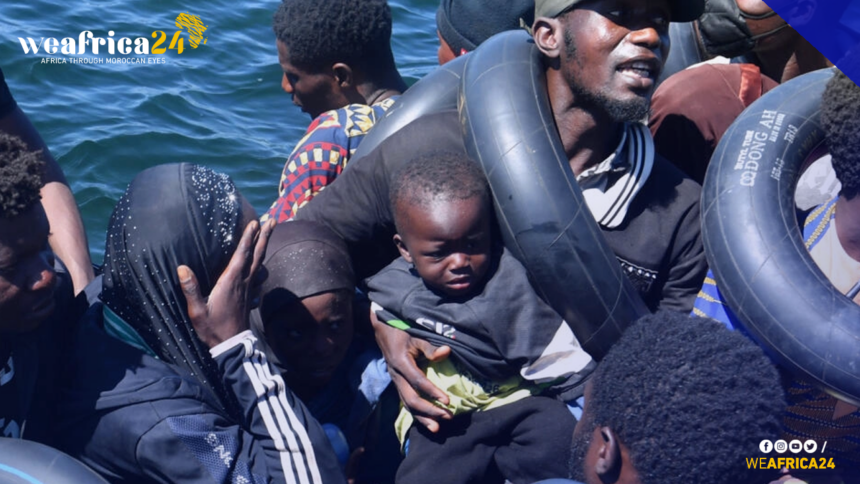The European Union’s Ombudsman, Emily O’Reilly, revealed concerns regarding the partnership related to the migration file concluded in July last year between the European Union and Tunisia. She called on the Commission to present its approach to ensure the respect of human rights.
O’Reilly, who investigates allegations of maladministration within the European Union based on complaints or her initiative, asked whether the Commission had assessed the potential impact of this partnership on human rights before its conclusion and looked at possible measures to mitigate the risk of human rights violations.
In a letter addressed to the President of the Commission, Ursula von der Leyen, O’Reilly requested the publication of a study on the potential impact of this partnership and the justification for the absence of an assessment of this decision.
She also asked how the Commission intended to “ensure” that the measures taken by Tunisia under the memorandum of understanding, funded by the European Union, would respect human rights and inquired if the Commission had defined criteria regarding the possibility of suspending funds in case of human rights violations.
The official, who will wait until December 13 to receive a response to her letter, emphasized that “there cannot be good governance in Tunisia where fundamental rights are not respected.”
The memorandum of understanding between the European Union and Tunisia, which includes several aspects, particularly aims to reduce the arrival of migrants on Italian shores and assists hundreds of millions of euros to this country facing serious economic difficulties.
It was signed in July in Tunisia in the presence of Ursula von der Leyen, accompanied by the Prime Minister of Italy, Georgia Meloni, and the Prime Minister of the Netherlands, Mark Rutte.
However, the memorandum faces criticism from non-governmental organizations and left-wing elected officials, who denounce the dominance of Tunisian President Kais Saied and the violations suffered by migrants from sub-Saharan Africa in this country.
These criticisms were reinforced on Thursday after the Tunisian authorities refused to allow a delegation of European parliamentarians to enter the country.







